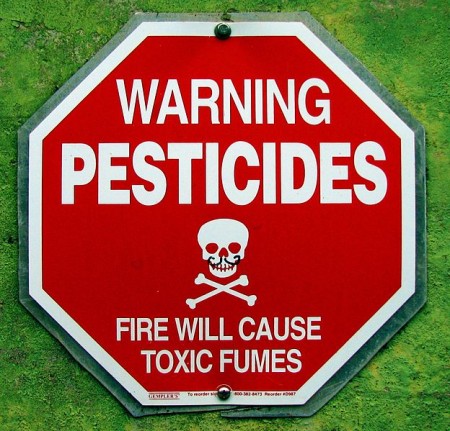Complications during pregnancy, viral infections, and genetic disorders have all been associated with autism. But for the past few years, an increasing number of researchers have started to focus their attention on another important risk factor: environmental pollutants. These neurotoxins, which include everything from pesticides, to mercury and diesel, are thought to alter brain development in fetuses. Now, a new study further confirms this link by showing that pregnant women who live within a mile of farms and fields where pesticides are employed see their risk of having a child with autism increase by 60 percent — and that risk actually doubles if the exposure occurs in the third trimester.
“Pesticides are one of the toxicants that appear to have the strongest association with autism,” says Dan Rossignol, an autism expert at Jeff Bradstreet’s International Child Development Resource Center in Florida who did not participate in the study, published today in Environmental Health Perspectives. These latest results, he says, “strengthen that association.”
(Read the rest of the story here…)
